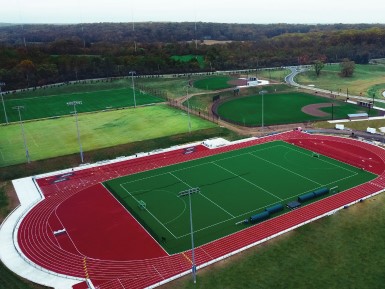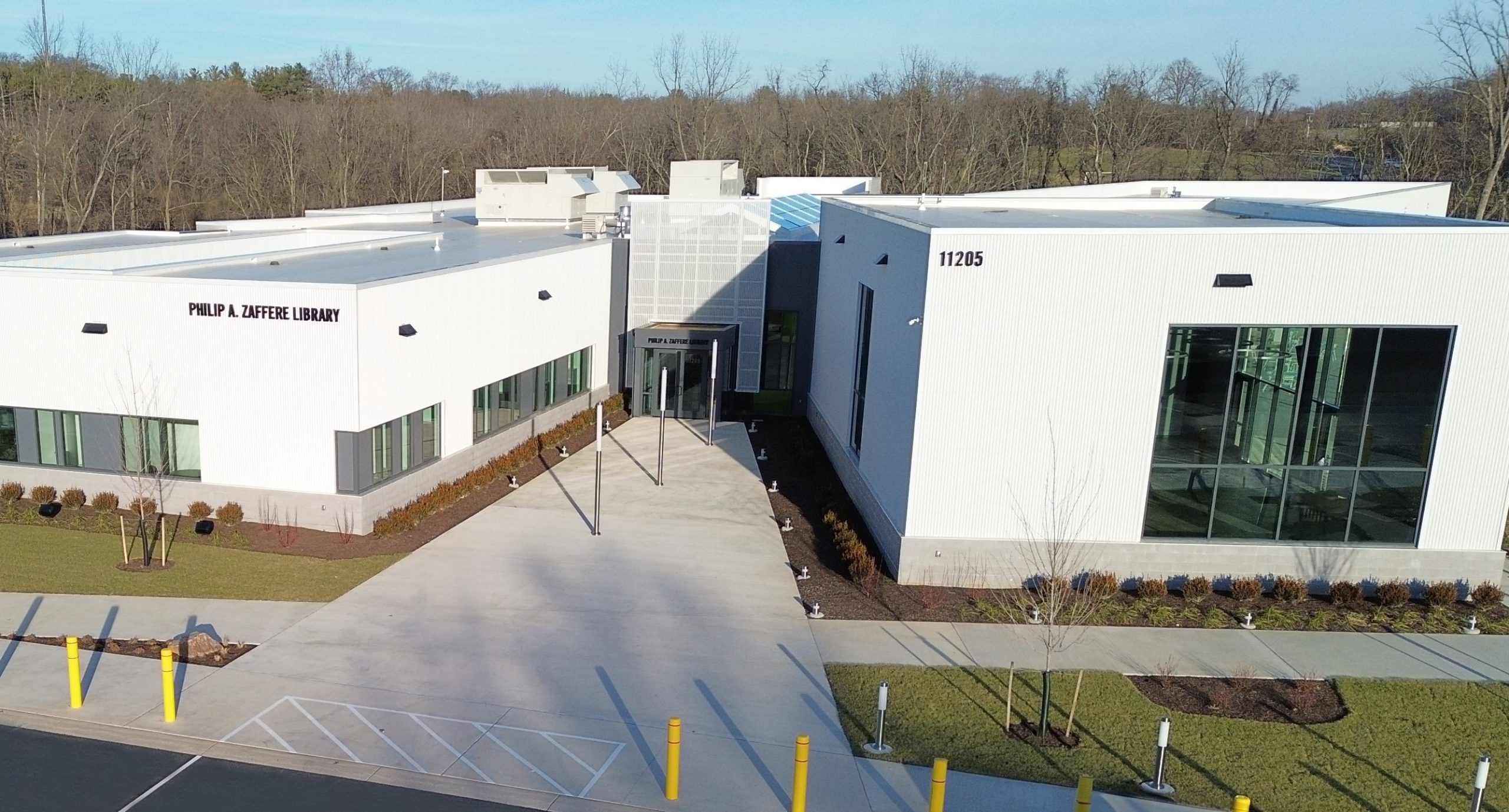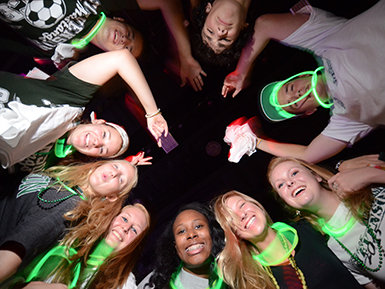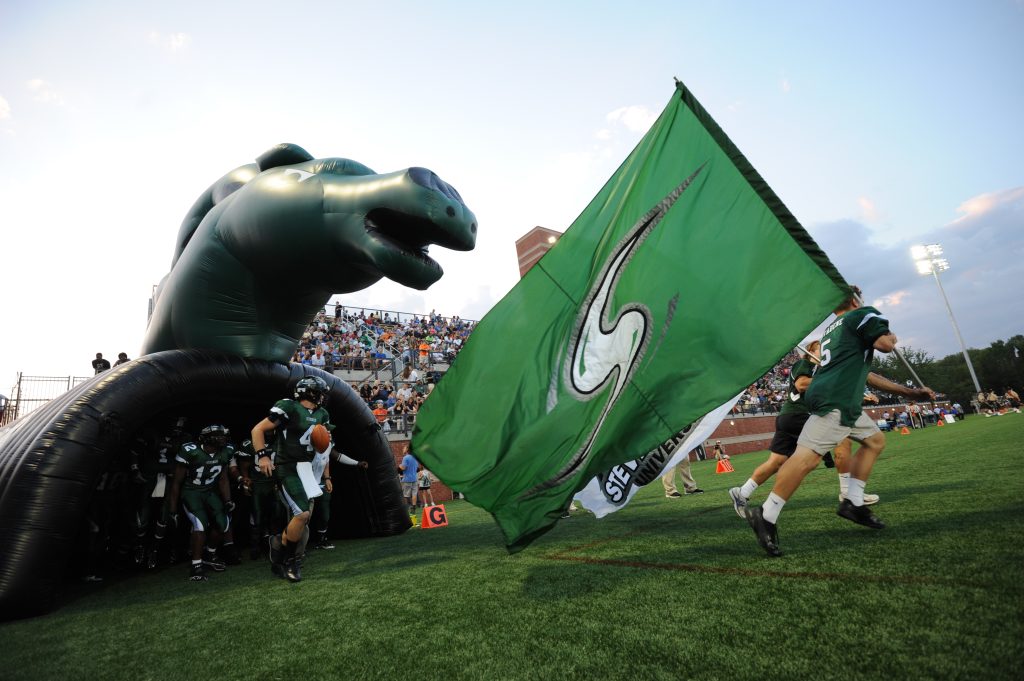Definition
A Service Animal is any dog that is individually trained to do work or perform tasks for the benefit of a person with a disability such as guiding people with impaired vision, alerting people with impaired hearing, protecting a person having a seizure, pulling wheelchairs, retrieving items, and performing other special tasks. The work or tasks performed by a service animal must be directly related to the person’s disability. The term service animal does not include any untrained dog or any other species of animal, whether trained or untrained. Service animals are working animals, not pets. Animals whose sole function is to provide companionship, comfort or emotional support do not qualify as service animals. The provision of emotional support, well-being, comfort, or companionship does not constitute work or tasks for the purpose of this definition. See Stevenson University’s Emotional Support Animal Policy #5.13 below.
Service animals are not required to wear vests, specific ID tags or harnesses. Stevenson may not request documentation regarding the individual’s disability or request information regarding the certification or training program which the dog has undergone in order to become a trained service animal.
When it is not obvious what service an animal provides, two questions may be asked of the student:
- Is this a dog required because of a disability?
- What disability-related task or service is this dog trained to perform?
Service Animals on Campus
Students who wish to use a service animal on campus are encouraged to contact the Office of Disability Services (ODS). ODS will work with students to facilitate access and may be able to offer other resources or disability support to the student.
Students who wish to use a service animal in University housing will need to submit a request for housing accommodations so that arrangements may be coordinated with the Office of Residence Life staff. Students will be required to submit a veterinary documentation form in order to have the service animal reside with them in campus housing.
A service animal in University housing must be under the full control of its handler at all times. The animal shall have a harness, leash or other tether, unless using such a tether is not feasible due to the student’s disability or due to the work that the animal performs for the student. In those cases, the student is expected to maintain control of the animal via an alternative method, such as voice control or signals.
Generally, service animals may accompany students with disabilities in all areas of campus where students are also permitted to go. However, some areas (such as medical facilities, laboratories or mechanical rooms) of the Stevenson University campus may be unsafe for the service animal to be present. If an area is deemed to be unsafe for a service animal, Stevenson University and the Office of Disability Services will work with the student to provide reasonable accommodation to assure that the student with a disability has equal access to the University programs and activities.
Exclusions
Stevenson University supports the use of service animals on campus as a reasonable accommodation for students with disabilities in accordance with the Americans with Disabilities Act and Section 504 of the Rehabilitation Act. However, Stevenson may exclude a service animal from all or part of campus if any of the following occurs:
- The service animal is out of control and the student does not take effective action to control it.
- The service animal is not housebroken.
- The service animal poses or has posed in the past a direct threat to the health and safety of the individual or others.
- The service animal is physically ill.
- Admission of the service animal would result in a fundamental alteration of a University program(s).
In the event that a member of the Stevenson University community has a medical condition or circumstance that is adversely impacted by the presence of a service animal, that person should contact the Office of Disability Services immediately.
(Approved June 2019)






